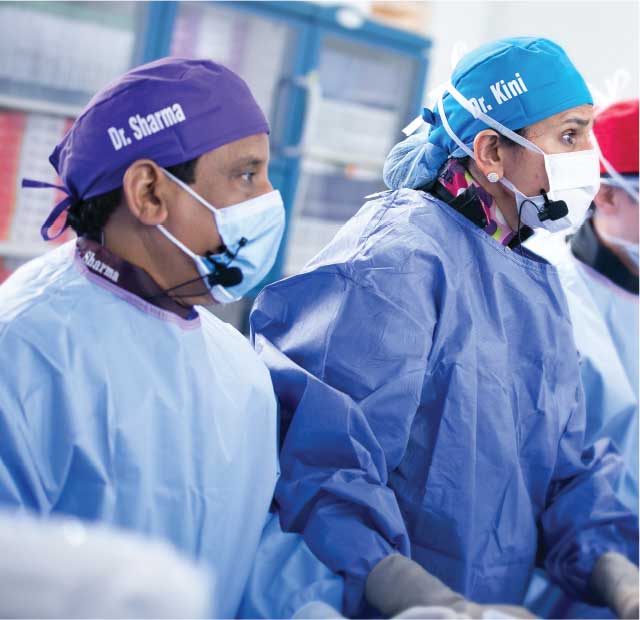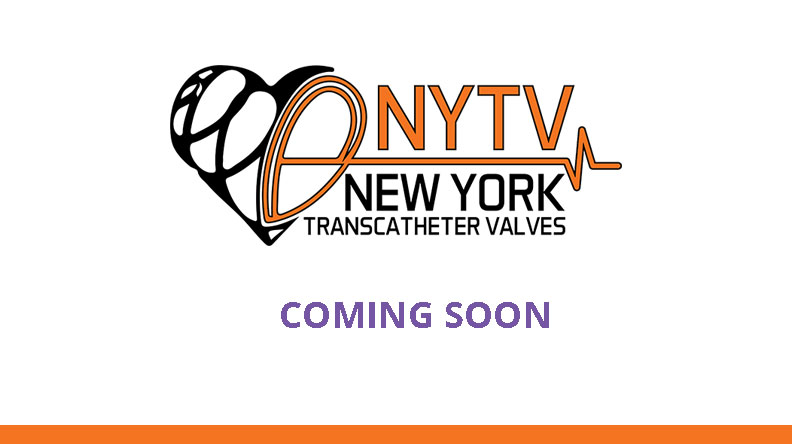Program Overview
Structural heart disease refers to a defect in the heart’s valves, walls, or chambers. The most common types of structural heart disease are aortic valve disease, mitral valve disease, tricuspid and pulmonic valve disease, hypertrophic cardiomyopathy and congenital heart disease, such as atrial septal defect and ventricular septal defect.
This New York Transcatheter Valves course is poised to help healthcare professionals stay current on new and emerging approaches in the diagnosis, management and treatment of valvular and structural heart disease. A robust agenda combines individual and collective opinions from field expert clinicians and scholars. The educational format will consist of didactic lectures, live-case transmission of transcatheter procedures, along with moderated discussions and interactive Q&As with our expert faculty.
A Structural Heart Fellows Case Competition will also be featured. Faculty will be looking for outstanding structural heart cases to be presented for the chance to win various prizes.

Learning Objectives
As a comprehensive medical education conference, this symposium will offer the latest updates in diagnostic and treatment strategies that assess the risk and treatment of structural heart disease, such as TAVR, Mitral Valve Repair and Tricuspid Valve Repair. The use of case-based reviews and live case presentations will demonstrate innovative therapeutic techniques. The goal is to provide cardiovascular specialists with the education they need in order to improve patient outcomes and reduce morbidity and mortality rates through the management of various conditions.
- Appraise new and upcoming technologies in the management of structural heart disease to determine their benefit for patients.
- Present indications, techniques, outcomes, and complications for transcatheter valve intervention in patients with native valve disease and bioprosthetic valve dysfunction.
- Evaluate the rationale, challenges, and necessity of the heart team approach to valvular heart disease, and appropriate case selection for transcatheter mitral and tricuspid valve intervention.
- Assess the barriers to care in patients with valvular heart disease with specific attention to current gaps in the timely delivery of percutaneous and surgical interventions.
Target Audience
This course is specifically designed for:
- Interventional Cardiologists
- Invasive Cardiologists
- General Cardiologists who treat patients with Valvular Heart Disease
- Cardiothoracic Surgeons
- Interventional Radiologists
- Interventional Fellows in Training
- Primary Care Providers
- Internists
- Nurses, Technicians and other Allied Health Care
Professionals who work in Structural Heart Disease



